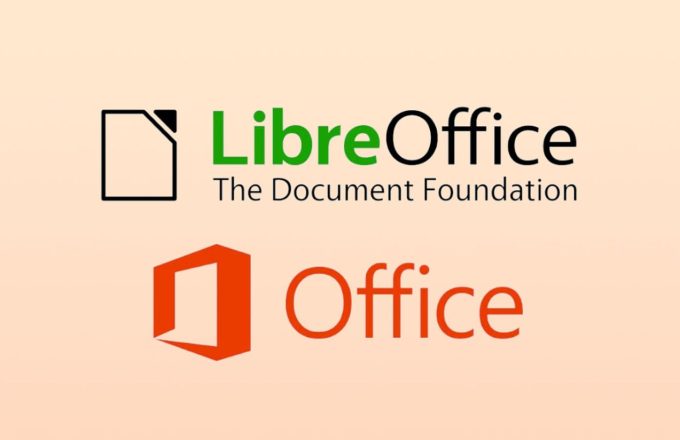For years, users—especially those on Linux—have seen Firefox as a beacon of light in the darkness dominated by Chrome. Google’s browser practically monopolizes the web, raising concerns about privacy (notably, it received a massive fine last year for this reason) and about the impact of Manifest V3, which will bring the end of uBlock Origin and many other extensions.
Just when it seemed that Firefox would be the only browser to escape this trend, a controversy has emerged: the company that until recently promised never to trade user data has modified its terms and conditions, adding a clause that grants it the right to do whatever it wants with your information if you use the browser. And, of course, without any compensation.
Open-source specialist Bryan Lunduke, warned that Firefox removed from its terms and conditions the promise never to trade user data, thus breaking a social contract that had lasted for decades and was previously reflected in its GitHub repository.
Mozilla updated its Firefox Terms of Service page, which now states the following:
“You give Mozilla all the necessary rights to operate Firefox, including processing data as described in the Firefox Privacy Notice, as well as acting on your behalf to help you navigate the internet. When you upload or enter information through Firefox, you grant us a worldwide, non-exclusive, royalty-free license to use that information to help you browse, experience, and interact with online content as you direct while using Firefox.”
In short, you are handing over full control of your data to Mozilla and blindly trusting that they will handle your information responsibly and securely. That doesn’t seem like the best strategy for a company already going through one of its worst moments.
Faced with the expected backlash and a wave of outraged users, Mozilla attempted to calm the waters with a statement. However, instead of easing tensions, it only served to anger the community even more.
Basically, they have decided that they will do whatever they want with your data. Period. On Reddit, some users have pointed out that Mozilla, aside from its browser, owns an advertising company, which has fueled suspicions. And, to be honest, it’s hard not to connect the dots.
Perhaps this decision stems from the company’s limited revenue, as it remains a small island in an ocean dominated by Chromium-based browsers. It must be frustrating to settle for such a tiny slice of the pie, so they’ve decided to grab a bigger one elsewhere. The problem is that the price to pay is, once again, the social contract they had upheld with their community for years.
For now, Firefox-based browsers like Zen Browser, LibreWolf, or Waterfox shouldn’t be affected, as long as they don’t rely on components or services subject to these new terms. However, the development teams behind these projects have yet to comment on the situation, so we’ll have to wait and see.
Based on the available information, Zen Browser and others still seem to be safe choices, but until an official confirmation comes from their developers, it’s best to maintain a healthy dose of skepticism.
If you’re considering looking the other way and exploring Chromium-based alternatives, Brave remains the most privacy-respecting option. However, on a personal note, I’m not a fan of how it pushes users into its own ecosystem, with crypto rewards, a paid VPN, and constant nudging to use its AI.
Either way, the general sentiment within the community is one of deep betrayal. Mozilla has crossed a sacred line—the very principle that made privacy-conscious users defend it so fiercely. And now, those same users feel like fools, watching as the hero of the story loses its way and turns into the villain.
We’ll see how this all unfolds, but honestly, it doesn’t look good.




















